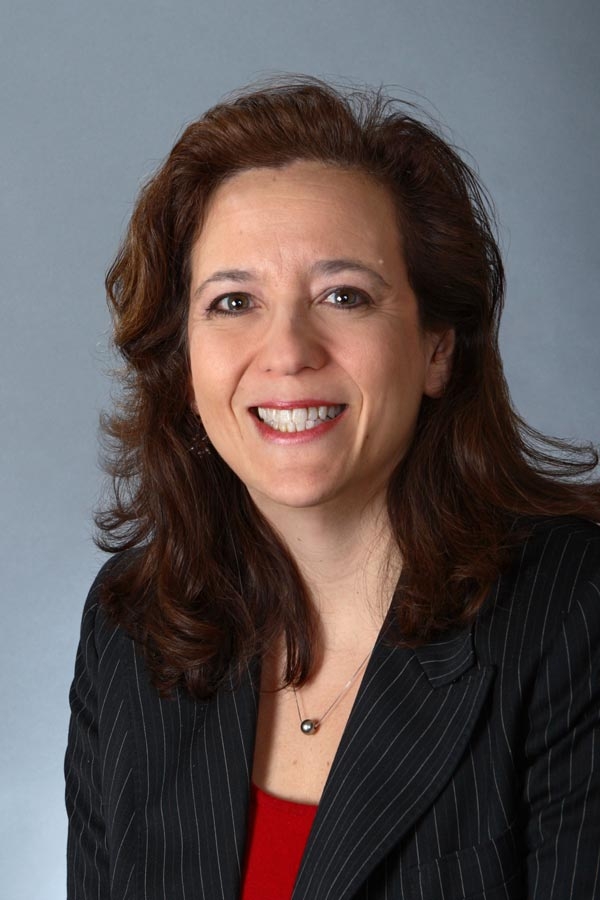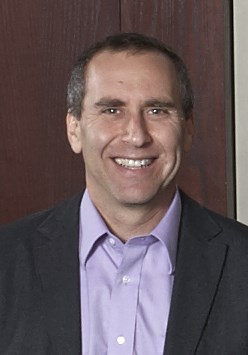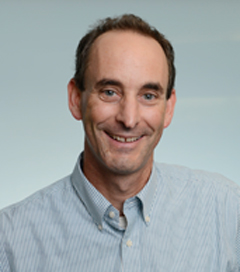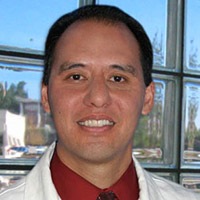PLENARY I: Helen Burstin, MD, MPH, FACP
 WED, 28 OCT // 8:15 – 10:15
WED, 28 OCT // 8:15 – 10:15
The Healthcare Quality Landscape: Role of Rehabilitation Medicine #1001
ACRM is pleased to announce that Helen Burstin, MD, MPH, FACP will present the opening plenary at the 92nd Annual Conference.
Dr. Burstin will offer a view of healthcare quality from the national perspective, with a special emphasis on the evolving health policy landscape. The shift to value over volume and the move toward outcome measures will be highlighted. In addition, the specific role of rehabilitation medicine in the context of patient-focused episodes of care and alternative payment models will be explored.
Dr. Helen Burstin is the chief scientific officer of the National Quality Forum (NQF). She provides strategic guidance to all NQF work from the perspective of current and emerging measurement science. She is a clinical associate professor of medicine at George Washington University School of Medicine where she serves as a preceptor in internal medicine.
PLENARY II: John Stanley Coulter Award Lecture —
Michael Boninger, MD
 THU, 29 OCT // 8:15 – 9:15
THU, 29 OCT // 8:15 – 9:15
Neuroprosthetics to Wheelchairs: The Good, the Bad, and the Ugly of Assistive Technology #1002
Assistive technologies offer great potential for increasing independence and participation for individuals with disability. This potential has been achieved by devices such as the wheelchair, but wheelchairs frequently break and can cause secondary injuries. Cutting-edge technologies such as neuroprosthetics hold amazing promise, but have not yet led to a clinically meaningful impact on a significant number of patients. In addition, the promise of cutting-edge technologies has the potential to negatively impact care, recovery, and research. The latest work in these assistive technologies, their importance, promise, and the complex impact they have on the rehabilitation field and our patients will be discussed.
Michael Boninger, MD is the director of the UPMC Rehabilitation Institute and author of five U.S. patents. He is renowned for his extensive research on spinal cord injury, assistive technology, and overuse injuries, particularly those associated with manual wheelchair propulsion.
Presentation of the prestigious John Stanley Coulter Award will take place during the Henry B. Betts Awards Gala on Thursday evening.
“Dr. Boninger combines clinical, business and research experience to deliver thought-provoking and entertaining presentations. He is a ‘grounding rod’ for converting exciting technologies to real function gain for people with mobility impairments.”
—Jennifer French, MBA
Executive Director, Neurotech Network
“Dr. Boninger’s talk reminds us there is a place for both high tech and low tech assistive technology in improving the lives of individuals living with paralysis. His message balances the exciting future promised by BCI against the widespread, immediate application of low to no technology intervention.”
—Rachel E. Cowan
PLENARY III: Denise Park, PhD
 THU, 29 OCT
THU, 29 OCT
Maintaining Cognitive Well-Being With Age: The Role of Social and Cognitive Engagement #1003
Brain imaging has revealed that healthy brains, even old ones, continuously change and adapt to their environment. There is a small but growing scientific literature suggesting that engagement in mentally-challenging activities helps maintain cognitive function in old age. This presentation will focus on the “Synapse Project,” where older adults were immersed in learning challenging new activities for 15 hours a week for three months. Cognitive enhancement was observed from learning quilting and digital photography but not from socializing or working at home on tasks that were knowledge-based. Changes in brain activity were also observed.
Dr. Denise Park is Distinguished University Chair in Behavioral and Brain Sciences, director of research at the Center for Vital Longevity, and the University of Texas Regents’ Research Scholar at the University of Texas at Dallas.
“Dr. Park is an amazing speaker and ACRM is honored to have such a leader in the field of aging and cognition join us for this plenary. This is a not-to-be missed presentation.” —Deirdre Dawson, PhD, OT Reg (Ont.), Senior Scientist, Rotman Research Institute at Baycrest Baycrest Health Sciences, Toronto
PLENARY IV: Marc Diamond, MD & Christopher Giza, MD

Marc Diamond, MD
FRI, 30 OCT // 8:15 – 9:45
Novel Approaches to Examining Pathophysiology Associated With Neurodegenerative Diseases and Traumatic Brain Injury: Translation to Rehabilitation #1004 (BI, ND, NS, CP)
Many neurodegenerative disorders and chronic traumatic encephalopathy feature tau protein fibrils accumulation. A propagation mechanism of these fibrils amplifies pathology and parallels prion diseases, which may explain the progression of neurodegenerative disorders. Connections between early neurometabolic changes and later functional impairments or neurodegeneration following acute TBI pathophysiology remain mostly speculative.

Christopher Giza, MD
This plenary covers (1) progress towards methods to detect tau “prions” for early diagnoses, and to block disease progression, and (2) different mechanisms by which early post-TBI mechanisms may lead to chronic deficits. Biological mechanisms in TBI will be examined with a perspective to clinical translation, including proper early management of behavioral or pharmacological interventions to enhance recovery.
Marc Diamond, MD is the founding director of the Center for Alzheimer’s and Neurodegenerative Diseases and a professor of neurology and neurotherapeutics at the University of Texas Southwestern Medical Center. His research is focused on neurodegenerative diseases linked to amyloid protein accumulation, with the goal of developing mechanism-based diagnosis and therapy.
Christopher Giza, MD leads the Pediatric Traumatic Brain Injury Program at Mattel Children’s Hospital, UCLA and established the UCLA Steve Tisch BrainSPORT program which partners with local schools to provide prevention, outreach, research and treatment for sports concussions.
“Movement towards earlier diagnosis and intervention in the medical community has made great strides. This plenary is a herald to greater understanding about mechanisms that foment neurodegeneration and early post-TBI mechanisms that may lead to chronic deficits following either a single moderate-severe brain injury or after repeated mild TBI. Drs. Diamond and Giza will be bridging basic science and the clinic—integrating new pathophysiological insights and practical treatment implications.” —Jeffrey Wertheimer, PhD, ABPP-CN, Head of Neuropsychology, Cedars-Sinai Medical Center
*Although significant changes are not anticipated, all schedules, sessions, and presenters posted on this website are subject to change.











